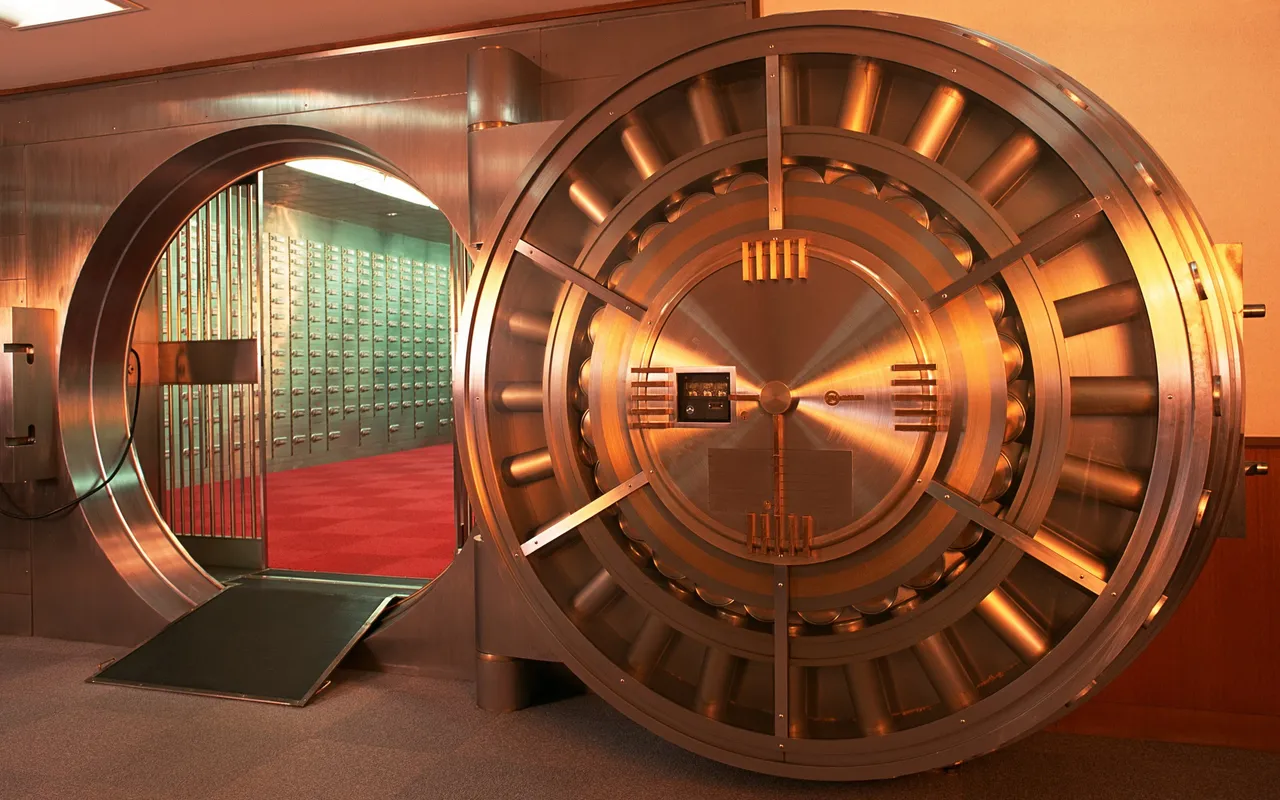What's in your wallet...
Or more importantly, what wallet do you use? Actually, what the hell is a digital wallet? These are some of the subjects that we're going to cover in this post. We'll start with a real quick down and dirty for the other noobs out there and then get into a few of the wallets I've been looking into lately. Ultimately the goal of this post, as with almost all of my posts, is to get the SteemIt community and users to step in with their own thoughts and recommendations. I'm constantly finding bits of information in the comments section of different posts, such as a ICO or exchange mentioned in passing, that leads me down some seriously informative rabbit holes. Enough of all that, let's get weird.

So what the hell is a Cryptocurrency wallet and why should you care?
Good question and I'm glad you asked, random citizen. The short version is that it's a tool for storing your public and private keys which essentially are the records of your digital transactions and currencies. They usually interface with different blockchains so you can transfer digital currency back and forth as well as monitor your balance. There is a lot more information, that I encourage you to look up, about wallets but what you should probably care about the absolute most is security. That's right... your wallet is probably the most important security tool you can have for maintaining your digital wealth. There are different types of wallets such as desktop, mobile, online, hardware, and paper and we'll get into that shortly, but first...
Never store your coins on an exchange.
The reason your wallet is so important for your security is that you can control where your keys are stored and how much access the outside world has to them. Exchanges will often times have online wallets built in, but exchanges are vulnerable/steal/shut down and you're basically just screwed when that happens.
Moving on.

Online Wallets
Since we're on the subject of storing coins on exchanged... online wallets are mostly cloud based programs that store your transaction information and keys. Because these utilize a third party for storage of your super important and private information, your goodies are vulnerable to hackers and the like. To each his own and everyone has a right to their own preference, but protect your goodies... don't use online wallets.
If anyone has recommendations for online wallets or would like to explain why they prefer them, by all means throw down in the comments. But i'm going to save my research for the other types.
Desktop/Mobile Wallets
I'm putting these together because they are basically the same thing to me with minor differences based on which developer you go with. Essentially, these are software wallets that are on a single computer or mobile device. They offer much better security than online wallets but are obviously still vulnerable to hacks and viruses that target your device directly. And here is another Atlas tip for you...
Backup your wallet.
Most desktop wallets are meant to be accessed by one computer. Only one. So if that computer is stolen or goes down in a firefight or something then you are screwed. However, if you backup your wallet and store the backup files on a drive then most desktop wallets will allow you to switch host devices.
I was using Jaxx Wallet (desktop and mobile) developed by KryptoKit and I really liked it. The interface is super easy to navigate and it's a multi-currency wallet that covers a lot of what I'm interested in. But then I found an article from June that talked about a vulnerability which has led to $400,000 worth of coins being stolen from users. If you want to read about it, here's the link.
As for mobile specific wallets, I've heard some people talking about Bread Wallet because of it's availability on the app store and google play as well as it's ease of use. If anyone has used this or has a better recommendation for a mobile wallet, don't keep it to yourself.
I'm definitely looking for more recommendations though, so don't be shy.
Hardware Wallets
These are often referenced as cold storage or offline storage, with some exceptions such as wifi capable storage but I'll leave that to you guys in the comments section. Hardware wallets are devices, such as a USB, that store your keys. You will plug that USB into your computer in order to transfer funds to or from your wallet, and then unplug it to lock it back up in your super secret vault when you are done. This is obviously very secure, provided you don't lose the storage device.

Everywhere I go to look up hardware wallets and cold storage options, the Ledger Nano S keeps popping up. It has a great reputation and is one of the most affordable options for the quality.
Paper Wallets
This is arguably the most secure way to store your coins, but is not exactly the easiest to implement. You are literally printing the keys on paper and storing the documents somewhere. Obviously that's super secure in regards to digital vulnerabilities, but you better have some solid organization skills if you want to do this. There are programs out there to make it easier by printing QR codes along with the keys so you can simply scan the documents to conduct transactions. Personally, I'm not at the level of knowledge where I want to try this yet.
I would very much like to hear from someone who uses the paper wallet method.
Alright, enough from me. I want to hear from the rest of you! Give us your recommendations and thoughts on which wallets you prefer and why. If you found this helpful or enjoyed the content, please Upvote and follow. I will be consistently posting content like this in order to share as much information as possible for both the new and experienced. If you're new and you found this useful then you may want to check out my post on different exchanges, found HERE.
Thanks again SteemIt. Stay classy.